Popular Culture

SOS Avenir Minguettes President Toumi Djaïdja in Lyon, France
Toumi Djaïdja (third from right) in Lyon, 1983. Source: Le Progrès photo archives.

Page from the Pentaglot Manchu Glossary
The Qing empire was founded by the Manchus, and they used a language and a script that were distinct from those used in China Proper.
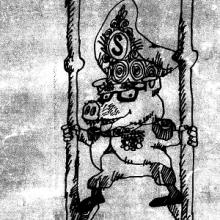
Short Teaching Module: Transnational Connections and the Long Cold War in Nicaragua
A strength of teaching from a transnational perspective is that it forces us to reorient our viewpoint and consider new approaches to our subjects. This is particularly true when looking at modern Latin American history.
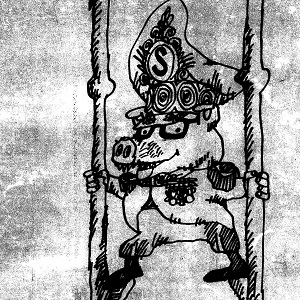
Somoza cartoon
This pamphlet cover, published in 1978 by a U.S. solidarity organization, is a fantastic focal point for exploring periodization in the history of U.S.-Nicaraguan relations.
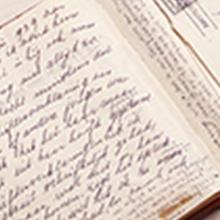
Analyzing Personal Accounts
Personal accounts, including memoirs, journals, diaries, autobiographies, and life histories, are important historical sources that help us understand the human condition. These are the stories we tell about our lives that usually portray a larger picture of a life in historical context.
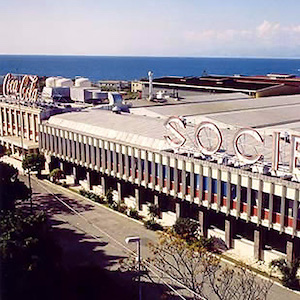
Coca Cola Overseas
Multinational corporations do no

Short Teaching Module: Business History and Multilocal Approaches to World History
Globalization has meant not only greater cultural homogeniz

Analyzing Newspapers
A newspaper is a publication intended for a broad audience that appears regularly, often daily, and claims to contain factual accounts of recent events. Usually newspapers are published with the intention of making a profit.
Ballets Russes de Serge Diaghilev
It focuses on a pivotal time and group in ballet history- the Ballet Russe, which performed from 1909-1929 in Europe and throughout the western hemisphere.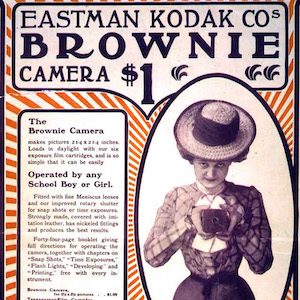
Kodak Advertisement
When one evaluates a newspaper or a magazine as a source of information, the question of the intended audience almost always comes up. Who was this newspaper intended for? Who actually subscribes to this magazine? One way to answer such questions is through an analysis of advertisements.